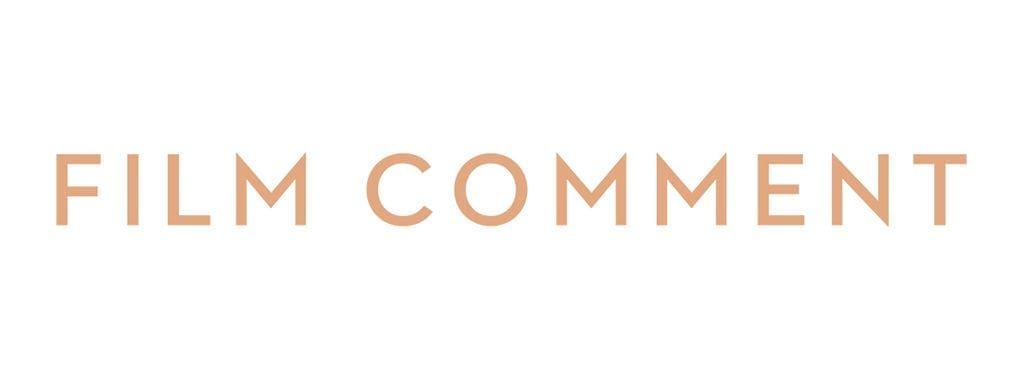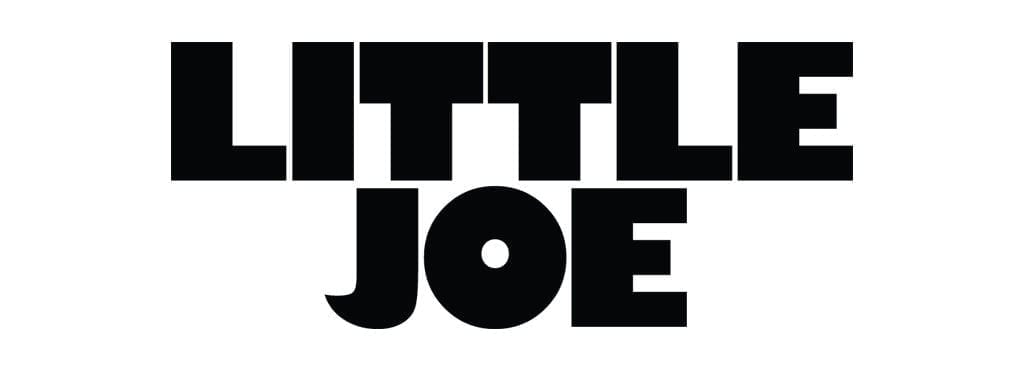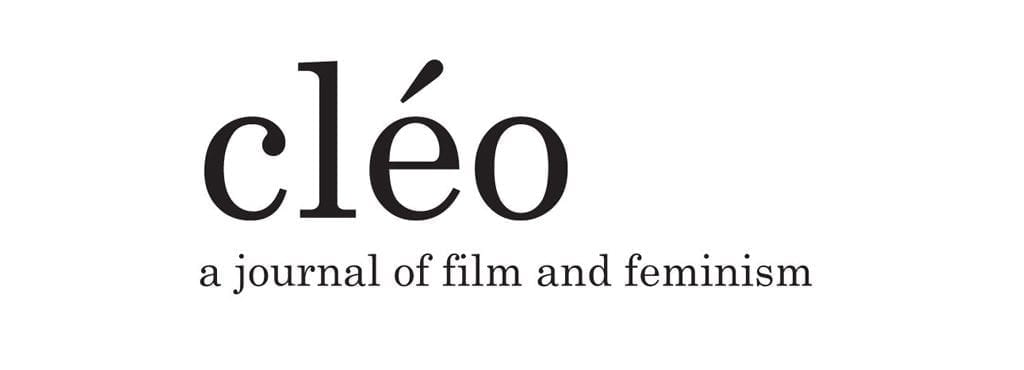
The best indie magazines for film buffs
Not satisfied with saturating the taxi industry, Uber is set to disrupt the publishing industry too by launching its very own magazine. Yes, according to The Daily Beast, the ride-sharing tech company will be issuing the new product – which the company’s aptly titled Vehicle – for its drivers and riders. Described as “one part journalism, one part Uber promotional brochure,” inside readers will find a mix of features, poetry, and promotional content.
Although it’s not yet known when the mag will launch or how frequently it will be issued, it would appear Uber is serious enough to have filed a trademark on the concept and name. Alexander Nazaryan – a Yahoo News reporter who advised Uber on the publication – expressed, “I really hope they’re not going to wreck this by making it another marketing product.” Is that a statement filled with optimism or blind naivety?
We’re saying nothing, but what we will say is the thought of an Uber magazine makes us want to barf and we’re sure it does the same for you. To ease your nausea, we’re turning our attention away from the commercial world and towards the friendly and creative world of indie film publishing. Here are the top ten entertainment magazines for film buffs.

Film Comment
Editor: Nicolas Rapold
Founded all the way back in 1962, Film Comment is a bimonthly magazine published by the Film Society of Lincoln Center. Over the years it’s grown to become somewhat of a staple for film buffs looking to read up on articles and commentary on all range of films: old and new; foreign and domestic; narrative and documentary; independent and mainstream.
Readers are rewarded with well-written and rich commentary including in-depth reviews, critical analysis, and feature coverage of films from around the world.

Little Joe
Editor: Sam Ashby
Described as “A magazine about queers and cinema, mostly”, Little Joe is a unique forum for the discussion of film regarding the subjects of sexuality and gender within a queer historical context. Since its launch in 2010, Little Joe has grown into a trustworthy publication for igniting and inspiring alternative conversations on film and leading the way in queer analysis of cinema.
Little Joe has gone on to garner a cult following for documenting the emergence of LGBTQI cinema, how it’s changed over the years, and what it means today, all put to page with an eye-popping visual style that is both vintage and timeless.

Little White Lies
Editor: David Jenkins
A British publication with an international distribution, Little White Lies has become a leading voice on independent cinema since launching in 2005, championing alternative opinions and swimming far from the mainstream.
The bi-monthly print mag combines illustration and journalism, with features, interviews, and in-depth reviews written with a unique tripartite ranking system that captures the different aspects of the movie-going experience. Described by The Guardian as “the best-designed film magazine on the shelf,” the design of each issue is inspired by its feature film, often represented on the cover by an illustration of its lead actor.

Fangoria
Editor: Phil Nobile Jr.
For lovers of all things twisted, Fangoria is the only publication to subscribe to. Hailed as “the world’s best horror and cult film magazine since 1979,” Fangoria emerged when horror was still just a burgeoning subculture, helping to lift creators like George Romero (Night of the Living Dead), John Carpenter (Halloween), Clive Barker (Hellraiser), and Wes Craven (Scream) during their rise to prolificacy where no other publications would.
While the horror Bible remained dormant throughout all of last year, February saw the announcement Fangoria will be re-emerging as a quarterly with the first issue to drop just in time for Halloween. Cause for celebration indeed!

Shock Cinema Magazine
Editor: Steven Puchalski
For those who are into trashy cult cinema, Shock Cinema Magazine provides some of the best (and bizarre) commentary on cult movies, arthouse oddities, and underground obscurities. From interviews with intriguing character actors and maverick filmmakers to no-nonsense reviews of everything from drive-in favorites to kitsch gems, Shock Cinema Magazine is an essential periodical for fans of cutting-edge, retro cinema.

Cinema Scope
Editor: Mark Peranson
As one of the most informative periodicals to have come out of Canada, this 80-page glossy film quarterly is respected for its unparalleled depth and breadth, featuring reliable reviews, news criticism, and film commentary. As such, Cinema Scope has secured its spot as an authoritative voice on international cinema and a must-read for cinephiles worldwide.

Another Gaze
Editor: Daniella Shreir
Another Gaze is a film journal that was founded in 2016 in response to the difficulty in obtaining rigorous writing – whether online or in print – about women and film. The print publication features reviews, essays, and features (both academic and journalistic) that highlight under-appreciated female filmmakers, question the existing canon, and amplify the voices of great and often overlooked filmmakers who identify as women.

Cléo
Editor: Kiva Reardon
Cléo is a journal of film and film culture helmed by intersectional feminist perspectives. The journal’s name stems from the protagonist of Agnès Varda’s 1962 drama Cleo from 5 to 7, who reaches self-realization in the film through the observation and mastering of her space. In the spirit of the flick and its key character, Cléo is a platform for emerging and established writers to address topics and issues on movies and feminism.

Sight & Sound
Editor: Nick James
A film publication staple, Sight & Sound is a monthly magazine published by the British Film Institute. The magazine was founded all the way back in 1932 and has gone on to become one of the most renowned movie publications worldwide, providing reviews and analysis on all film releases each month, including those with a limited release, making a subscription essential for anyone who’s serious about film.







